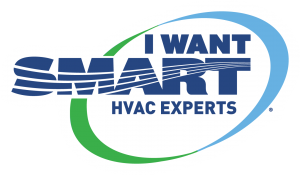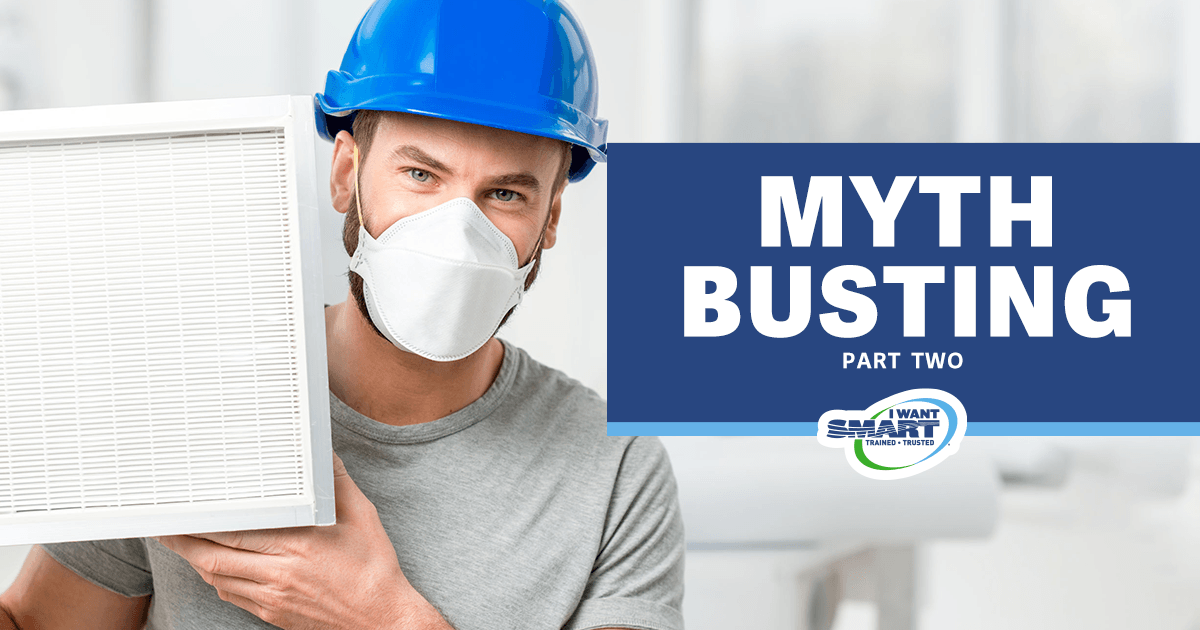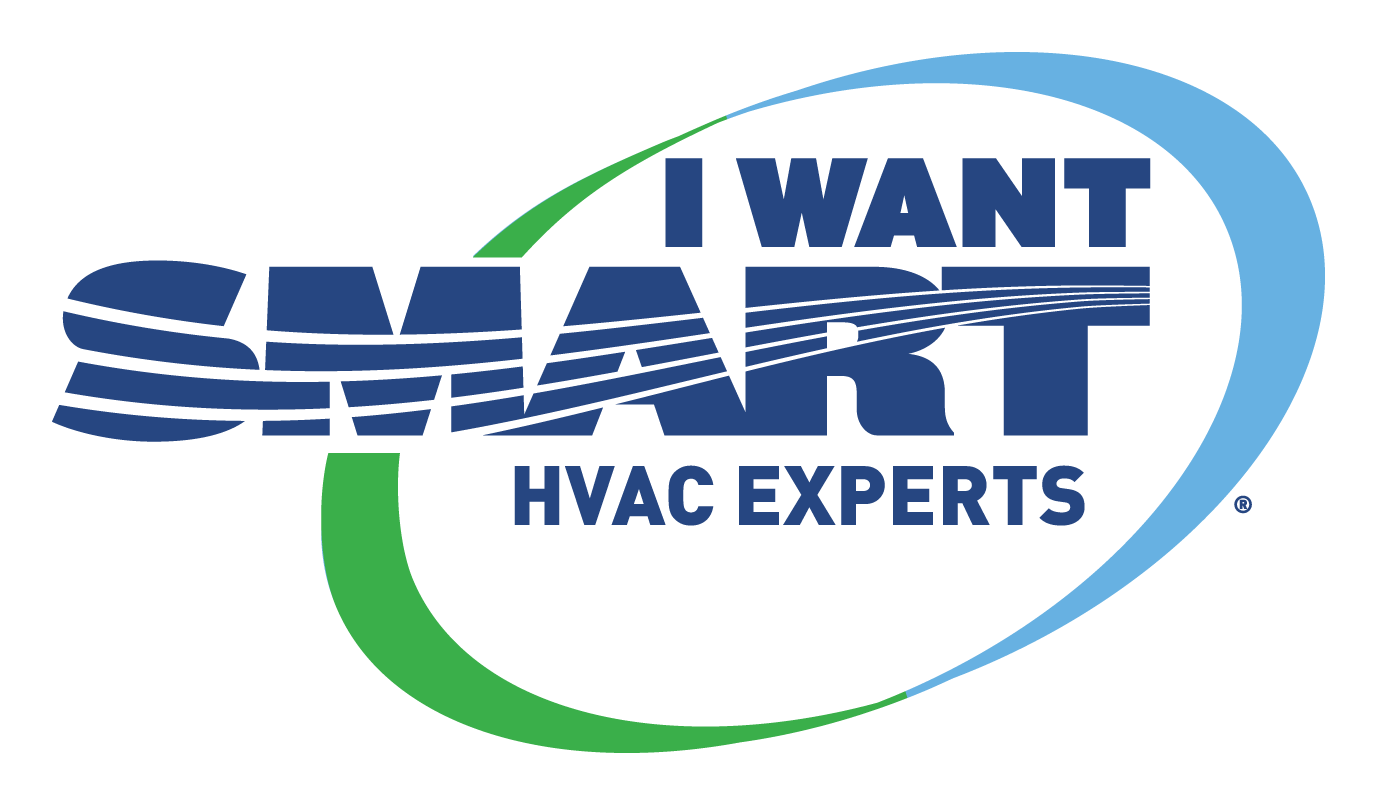What can you believe? Our experts discuss Coronavirus Air myths
A ton of information is available about staying healthy from the Coronavirus — it’s hard to know what’s really true and not. Before you take someone’s word for it, let our trained and trusted SMART experts fill you in on the truth.
Here are some common myths about air safety and Coronavirus:
Myth: A Filtration System is Proven To Stop The Spread of the Novel Coronavirus
Not (all) true! Despite what companies may tell you, there has been no filtration system shown to stop the spread of the novel coronavirus — yet. However, since, during the 2003 SARs outbreak, it was recommended hospitals use portable air purifiers with HEPA filters, many see a possible opportunity for the same to be true for COVID-19. Just remember: it has yet to be proven 100% true, verified by a scientific test to stop the transmission.
Myth: The type of air filter your use doesn’t matter
Not true! The type of air filter you use – and how often you clean and change your filter — makes all the difference. While HEPA filters are always recommended (the “HEPA” designation means they filter out at least 99.97 percent of particles as small as 0.3 microns — that’s almost everything!), not all systems can run these higher-efficiency filters, which can be quite dense. They need more powerful fans to push air through — often only available for commercial businesses and not residential households. Then, because dense filters collect more dust, dirt, viral particles, bacteria and nasty stuff, they need to be replaced more often.
Instead, when HEPA filters aren’t an option, we suggest filters with a MERV-13 designation or higher. MERVs are based on a filter’s performance, filtering out particles between 0.3 and 10 microns. SARS-CoV-2 can be found in the size respiratory droplets emitted when coughing, spitting, singing or even just speaking. The higher the MERV number, the better to trap these droplets.
Myth: An ultraviolet lamp can keep you air 100% safe
Not (all) true! Just like with air filtration systems, these products have not had enough testing/certification to prove how effective they are. Be wary of any snake oil air-cleaning products making claims they can kill COVID-19 in the air. While some of these devices can be helpful in helping prevent the transmission, most experts do not recommend these products for the average consumer or household, as they are complex to use and maintain.
Myth: Opening your windows is a great way to get fresh air and ventilate your home.
True! The simplest way to increase ventilation: open windows. This will increase the amount of outside air (unlikely to have virus in it) coming in to dilute indoor air (which may have virus in it). The less concentrated the virus is in the air, the less likely it is to infect people.
Myth: It’s simple to get clean air at home.
Not true! Clean air is complicated to achieve and maintain. There’s a lot of factors at play – and why asking the experts is the right move to make. The issues are complicated, and the advice you’ll hear can be full of contradictions and questionable information. But the air you breathe at home is important. Doubly so if someone at home is immunocompromised or asthmatic.
Expert help is at hand. IwantSMART.com technicians are trained and continually retrained to provide you with answers you can trust. So go ahead. Ask!




